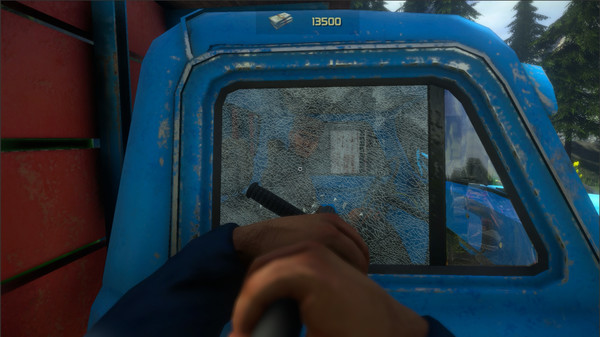
If an officer feels an object and reasonably believes that it could be a weapon, the officer is allowed to reach inside your clothing and grasp the object to determine whether or not it is a weapon. Here, the CCRB will investigate a complaint about a frisk by focusing on whether the officer had reasonable suspicion to believe that you were armed with a weapon.

Frisk:ĭuring a stop, if an officer reasonably believes you have a weapon, he or she is permitted to pat down (frisk) your outer clothing. A CCRB investigation will focus on whether the officer had reasonable suspicion, based on observable conduct, and/or information. When an officer stops your car, the officer must have reasonable suspicion that someone in the car committed a crime, or probable cause to believe the driver committed a traffic violation. During a stop you are not under arrest, but you are not free to leave. The officer must have a reasonable suspicion that you are committing, have committed, or are about to commit a crime. The third type of encounter is more intrusive and is called a stop, where the officer temporarily detains you, even using reasonable force to do so. The CCRB investigation will focus on whether the officer had a founded suspicion that criminal activity was happening. Here, an officer’s questions become extended and accusatory and focus on possible criminality. The second level of intrusion is called a common-law inquiry. A CCRB investigation about an encounter such as this will focus on whether there was some objective, credible reason for the officer’s request, not necessarily indicative of criminality. You may then be asked briefly about your identity, destination, or reason for being in an area. This is a general, non-threatening encounter in which you are approached for a reason the officer can articulate. The least intrusive encounter is a simple request for information.

Police Authority and Street Encounters Request for Information: The investigation will focus on the details of the encounter, in accordance with New York State law, police department rules and the United States Constitution. When we receive a complaint about these types of street encounters, the complaint is investigated as an abuse of authority.


 0 kommentar(er)
0 kommentar(er)
